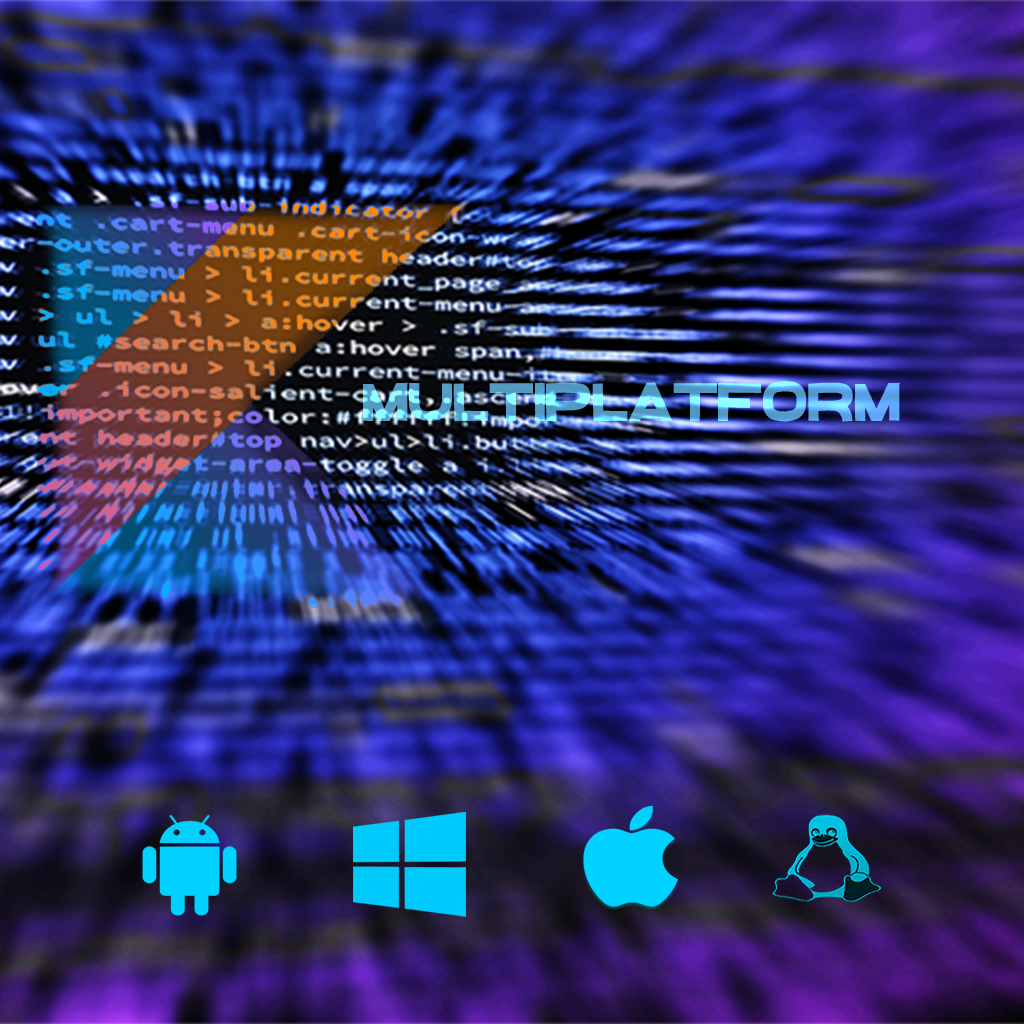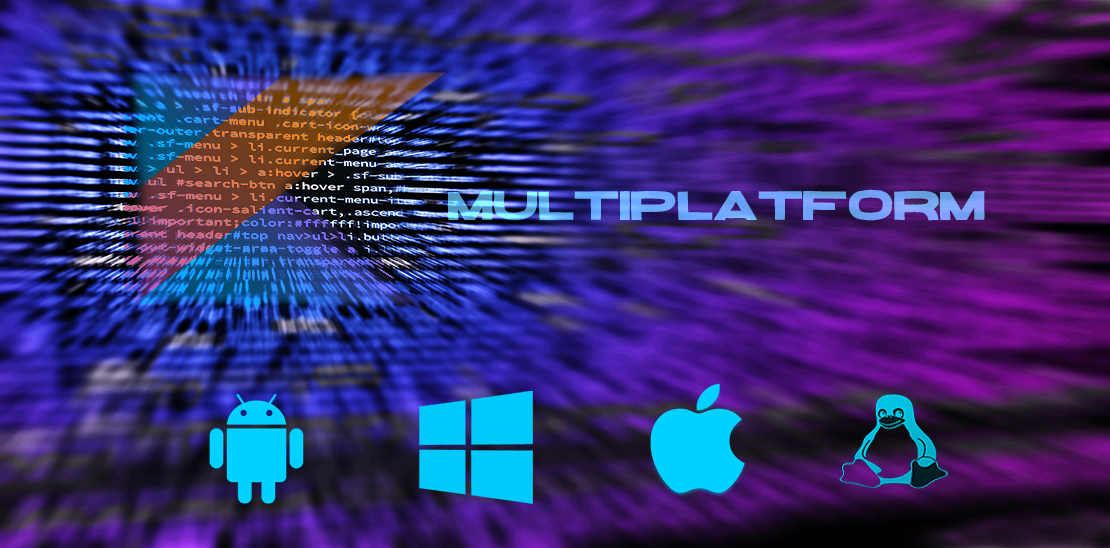Kotlin Multiplatform: The Ultimate Solution For Cross-Platform Apps In 2023

Introduction
In recent years, Kotlin Multiplatform (KMP) has gained significant traction in the world of cross-platform development. It empowers developers to create apps for multiple platforms using a single codebase. Initially designed to simplify code sharing across different platforms, Kotlin Multiplatform has evolved into a versatile multiplatform solution, posing a strong challenge to frameworks like Flutter and React Native.
The Evolution of Kotlin Multiplatform
Kotlin Multiplatform began as a way to share common code components, such as business logic, data classes, and utility functions, across various platforms like iOS, backend, and desktop. This allowed developers to achieve code reuse and streamline the development process. As the Kotlin Multiplatform community expanded, developers started creating powerful libraries that covered core functionalities like data fetching from servers, local storage management, and more.
The Evolution of Kotlin Multiplatform
Initially perceived by some as merely a shared code box, Kotlin Multiplatform has grown to offer much more. It now includes:
- Integration with the UI layer in multi-layer architectures.
- Introduction of Jetpack Compose for Android UI development.
- Kotlin Multiplatform Compose for iOS.
Kotlin Multiplatform Compose for iOS
In a groundbreaking development, the Kotlin team unveiled Kotlin Multiplatform Compose for iOS during the Kotlin conference in Amsterdam. With this addition, developers can now build UI for iOS apps without resorting to native Swift code, further unifying the development experience across platforms. Although the library is in its alpha stage, many daring developers have already started leveraging it in production environments, testifying to its promise.
KMP Adoption and Industry Impact
The popularity of Kotlin Multiplatform has grown exponentially, with numerous companies adopting it to streamline their cross-platform development efforts. Reports from conferences like DroidCon Berlin 2023 indicate that a significant number of companies are already using KMP in their development pipelines. Interestingly, DroidCon Berlin coincided with FlutterCon, a conference dedicated to Flutter development, where Flutter developers also expressed an interest in Kotlin Multiplatform.
KMP as the Future of Cross-Platform Development
The rise of Kotlin Multiplatform and its continuous expansion into new territories have sparked discussions about its potential to become the future of cross-platform development. Its robust code-sharing capabilities and growing library ecosystem make it an appealing choice for developers seeking to build apps efficiently for multiple platforms. As more companies adopt KMP and contribute to its community-driven growth, its position as a leading multiplatform solution becomes more apparent.
Challenges and Improvements
While Kotlin Multiplatform presents a promising future, it is not without its challenges. One notable drawback is the requirement for an Apple device for iOS development, which can be inconvenient for developers who prefer other operating systems. Additionally, debugging in KMP can sometimes be slower compared to native development. However, these challenges are actively being addressed, and as the platform matures, these limitations are likely to be mitigated.
Conclusion
Kotlin Multiplatform (KMP) has rapidly evolved from a basic code-sharing tool to a significant player in cross-platform development, standing toe-to-toe with giants like Flutter and React Native. Bolstered by the introduction of Kotlin Multiplatform Compose for iOS and its increasing traction within the industry, KMP is ushering in a new era for app developers. Although it’s not without its challenges, the myriad of benefits it brings to the table suggests a bright future for cross-platform app development. As KMP matures and refines its capabilities, it not only streamlines development processes across platforms but also becomes a hotbed for innovation, presenting both seasoned developers and newcomers with a platform poised to redefine app development standards.
FAQ
Q: What is Kotlin Multiplatform (KMP) and how does it differ from other cross-platform development solutions?
A: Kotlin Multiplatform (KMP) is a cross-platform development framework that allows developers to write code once and use it on multiple platforms, such as Android, iOS, and web. It differs from other solutions like Flutter and React Native by providing a more native and integrated development experience for each platform while sharing common code.
Q: What are the key advantages of using KMP for app development?
A: KMP offers several advantages, including code reuse across platforms, access to native APIs, a growing ecosystem of libraries, and a unified development experience. It allows developers to build high-quality apps efficiently for multiple platforms.
Q: Is Kotlin Multiplatform suitable for large-scale and complex projects?
A: Yes, Kotlin Multiplatform is suitable for large-scale and complex projects. Its flexibility and ability to integrate with existing codebases make it a robust choice for projects of varying sizes and complexities.
Q: What platforms are supported by KMP?
A: Kotlin Multiplatform supports platforms such as Android, iOS, macOS, Windows, Linux, and web. It continues to expand its platform support, making it a versatile choice for cross-platform development.
Q: Are there any notable companies or projects that have successfully adopted KMP?
A: Yes, several notable companies and projects have adopted it, including Square, JetBrains, and Netflix. These organizations have leveraged KMP to streamline their development efforts and deliver high-quality apps on multiple platforms.
Q: What are some common challenges faced when using KMP, and how can they be mitigated?
A: Common challenges include platform-specific dependencies, debugging, and learning curve. These challenges can be mitigated by careful project planning, using platform-specific modules when necessary, and leveraging the KMP community and documentation for support and guidance.
Q: Is KMP suitable for indie developers and small teams?
A: Yes, Kotlin Multiplatform is suitable for indie developers and small teams. It offers productivity and code-sharing benefits that can be valuable for smaller development efforts, allowing developers to reach multiple platforms with fewer resources.
Q: Where can I find resources and documentation to get started with KMP?
A: You can find resources and documentation on the official KMP website and in the Kotlin documentation. Additionally, online communities and forums are excellent places to seek advice and connect with other KMP developers.
Q: How does KMP handle platform-specific features?
A: Kotlin Multiplatform provides a mechanism to handle platform-specific features through the use of platform-specific modules. Developers can create platform-specific code modules for Android, iOS, or other platforms, allowing them to implement platform-specific features while maintaining a shared codebase for common functionality. This approach ensures a tailored user experience on each platform while maximizing code reuse.


